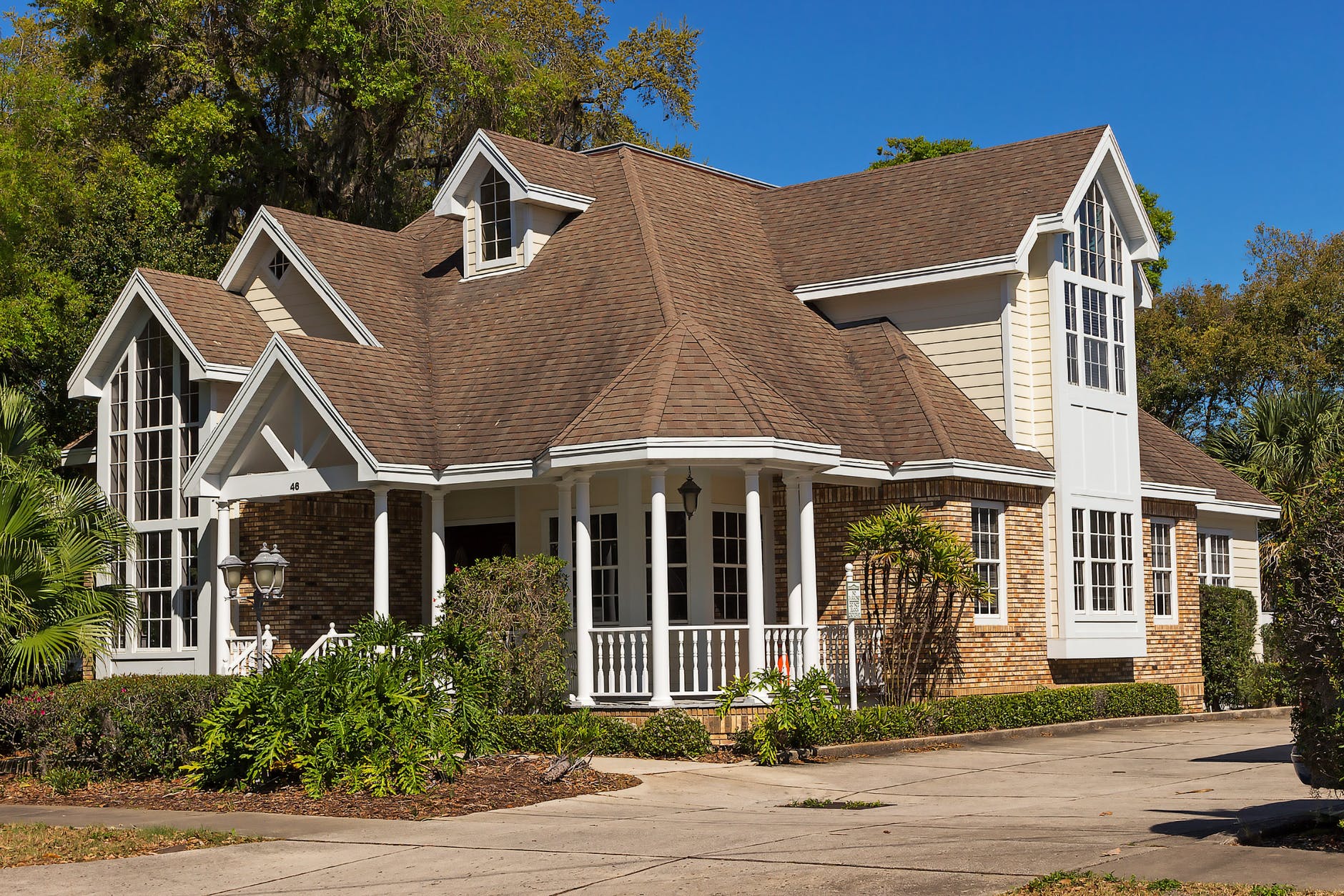
Invest in Real Estate
Most people probably picture two things when they think of real estate investing: slumlords in big cities and wealthy billionaires. But the typical investor should also give real estate investing considerable consideration.
You’re not the only one who doesn’t know where to begin. Real estate investment is, to put it simply, buying or selling property with the intention of making a profit. Real estate falls into a few distinct categories, including:
- Residential property comprises homes, apartment complexes, second homes, and other places where people reside. For a novice investor, this is often the easiest sector of property to join.
- Office buildings, retail shops, and other structures utilized for commercial reasons are all included in commercial property (CRE).
In addition to costing more than personal property, it also involves managing more real estate. Purchasing shares in a REIT, or property investment trust, is the best option for investors who want to enter the CRE market.
Warehouses, storage facilities, and other sizable “special purpose” buildings like auto detailing centers that make money are examples of the best way to invest in real estate, specifically industrial properties. There is also plenty of opportunity for making money in the residential sector, and it can be pooled and invested just as it is in the commercial property market.
Why should I invest in property investments?
Leverage
You don’t often have much leverage or the chance to boost your results with borrowed money when you buy stocks. On the contrary, property permits the financing of properties using borrowed funds.
This method can truly help you optimize your returns if you understand what you’re doing. For instance, if you spend $200,000 on a home, pay 30% ($60,000) down as well, and then sell it for $300,000 in a few years, you’ve just earned 166.67% percentage of your investment.
This is obviously a simplified explanation because you also need to take into consideration any repairs or upkeep that may be required throughout the duration of your ownership of the home, as well as outside variables like the general status of the real estate market. But the point is clear.
Invest in a rental home
A residential property investor with the necessary time can purchase homes and start renting them out. As long as you and your team can locate tenants, this translates to monthly revenue. It’s one of among the most popular strategies to generate steady income in property.
Although residential homes are considered passive assets, they nonetheless demand considerable effort. So, ensure that you have the time and the resources. Many landlords use management firms to take care of building upkeep, while others do it themselves.
REITs are trusts that invest in real estate
Purchasing a REIT is comparable to purchasing a stock. As a shareholder, you provide funds to a corporation or business that buys real estate. A share of the dividends from the property’s growth will be paid to you.
The simplest approach for a novice investor to enter the market for commercial property is through this. It has the potential for a significant yield. A minimum of 90% of the profits generated by the property are distributed as payouts to investors through corporations.
Additionally, you don’t have to worry about selling the building because the equity is liquid; you may sell your ownership interest and withdraw your money. Plus, the business handles all of the management tasks for you. This can be a good solution to earning money passively if you have the initial funds.
You’ll probably be working with publicly traded REITs. Private REITs, which demand substantially larger initial investments and aren’t listed with the SEC, may be accessible to accredited investors with high net worth.
Once you’ve been investing in property (https://www.masterclass.com/articles/real-estate-abbreviation-guide) for a long time, you start to understand what you’re doing. Trading or reselling property may provide significant profits in only a few months for individuals who are adventurous enough to take on development projects.
- Analyze both the present and future worth of a property.
- Calculate the cost of repairs as precisely as it’s possible to (this is difficult).
- If you find that you require more money than you anticipated, draw from your financial reserves.
- Choose a pricing that makes you money while hitting the “sweet spot” of being appealing to consumers.
Advantages of real estate flipping
- Since they are frequently quick jobs, you should expect a return rather soon.
- You can generate a sizable profit if you timing your actions properly.
Cons of real estate flipping
- You must acquire property (so budget at least 20% down).
- Either do the remodeling yourself or spend a lot of money hiring a firm.
- You risk losing revenue on the deal if you don’t truly understand the market.






